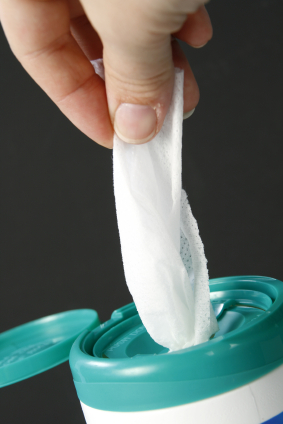Kelheim’s Viloft fibre receives certificate – Kelheim Viloft fibre - Arhive
Kelheim Viloft fibre Kelheim Viloft fibre Kelheim Viloft fibre Kelheim Viloft fibre Kelheim Viloft fibre Kelheim Viloft fibre Kelheim Viloft fibre Kelheim Viloft fibre Kelheim Viloft fibre
Kelheim’s Viloft fibre receives certificate
 Kelheim’s viscose speciality fibre Viloft has been granted the OK biodegradable MARINE certificate from the Belgian certification body Vinçotte. The fibres were tested according to International Standards and confirmed they naturally break down completely in marine water.
Kelheim’s viscose speciality fibre Viloft has been granted the OK biodegradable MARINE certificate from the Belgian certification body Vinçotte. The fibres were tested according to International Standards and confirmed they naturally break down completely in marine water.
Viloft short cut fibres from Bavarian viscose fibre specialist Kelheim Fibres have been specifically engineered for use in flushable moist personal hygiene tissues. These speciality fibres are characterised by their flat cross-section and their short fibre length – both these properties have proven particularly beneficial in delivering rapid disintegration of such products. Moist tissues made with Viloft and cellulose can prevent the increasing problem of blocked pumps in sewage treatment plants, the company reports.
Marine litter
Looking beyond the boundaries of local waste water management, there is a second aspect to the disposal of moist hygiene wipes: worldwide, about 1.1 million tonnes of nonwovens are used for wipes applications every year, with a majority of these based on petrochemicals. A large percentage of these wipes is used for baby and personal care; these wipes are more likely to be disposed of incorrectly, either via the toilet, or even directly discharged into the environment.
Passing through the sewer system or disposed of on the beach: wipes based on petrochemicals become a significant part of the vast amount of plastic waste – estimates range from 4.4 to 13 million tonnes – that pollute our oceans every year. This marine litter, with degrading times up to 450 years, poses a threat for marine life and can enter the food chain as microplastics – with as yet unknown consequences.
“Since the recycling of personal hygiene products is a challenging task, the best choice is to substitute the non-degradable by bio-degradable components wherever possible, particularly for such disposable applications,” says the company.
Viloft fibres
Viloft fibres and wipes made of Viloft and cellulose are completely bio-degradable. Viloft, as all viscose fibres, is made of cellulose – the most abundant material in nature and a renewable raw material of which all plants are made. Therefore, the biodegradation of cellulose is a naturally occurring process in nature.
“The OK biodegradable MARINE certificate from Vinçotte is one more proof for the biodegradability of the fibre in different environments,” the company reports.
Kelheim Fibres is a leading producer of viscose speciality fibres and a supplier of viscose fibres for the tampon industry. Around 90,000 tonnes of viscose fibres are produced and tested every year at Kelheim in South Germany. These are used in most diverse applications – from fashion, hygiene and medical products to nonwovens and speciality papers.
